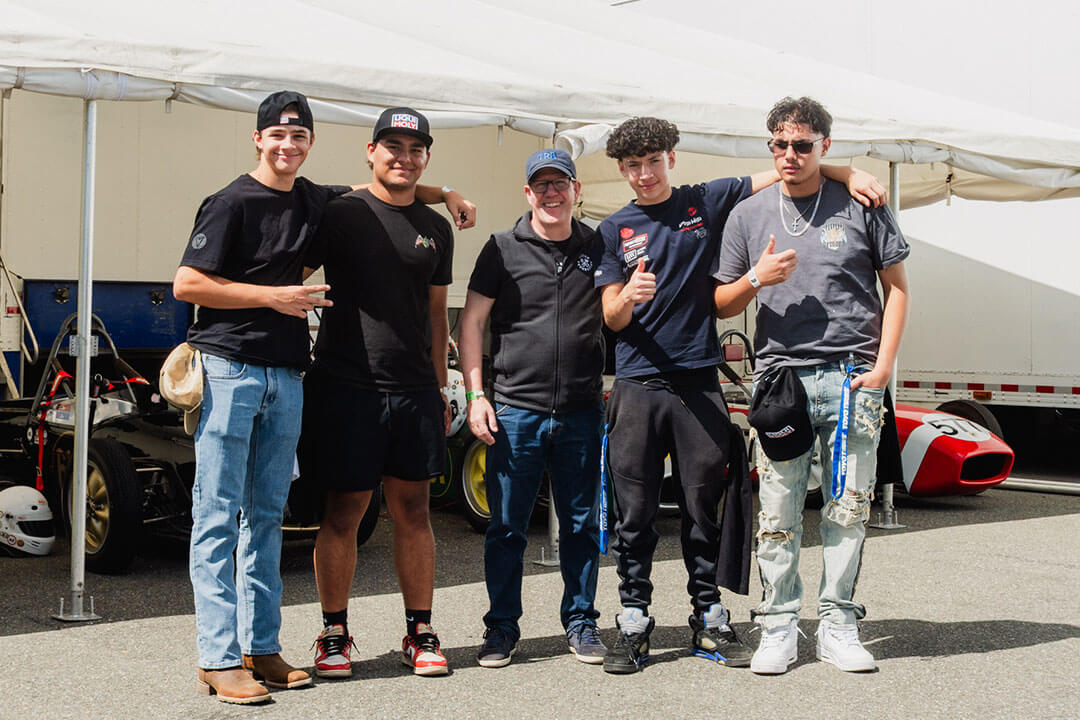Training the Next Generation of Automotive Restoration the MPI Way.
Jim Wallner, operations manager with Motion Products, Inc. (MPI), is using his skills to help ensure the future of automotive restoration.

[addthis tool=”addthis_inline_share_toolbox_a1tk”]
The Problem of Dwindling Restoration Resources
Seven years ago, Jim asked how his organization would continue to provide award-winning classic car restoration without a new generation of technicians to take up the torch. “Kids didn’t know what it was we did here or, if they came to work here, it wasn’t what they expected or wanted.”
MPI took a proactive approach to the problem. In this program, young men and women will spend 12 weeks over the summer, rotating between different jobs every two weeks, learning what they enjoy and how to hone their abilities.
“The best thing we did was to get involved at the local high school and explain to kids what this field had to offer. Until they see it and give it a try, they don’t really know.”
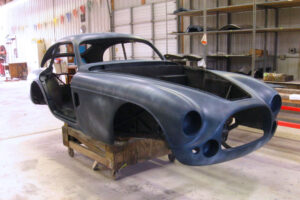
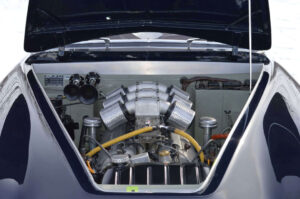
The Dilemma Facing Restoration Shops: Risk v. Reward
The program is not without risks, however. “We’re bringing in someone with no background in engines, upholstery, or paint and telling one of our guys, ‘I need you to take this person under your wing.’ They tell me they don’t have time and they have to get the job done.”
Jim reminds the experienced craftspeople that they too were once taught the ways of the trade and learned through their mistakes. “We have an opportunity to show these kids the right way in the first place.”
“You lose some productivity. You hope the new person doesn’t wreck something. And what happens if you put three months into a person and they decide this is not the job for them? You can’t get back those hours and payroll. But, like anything, it’s high risk, high reward.”
By taking such risks, Jim’s big bet has paid off many times.
“We had one kid. His mom was a DIY mechanic. He told us how she would take her car apart and put it back together again — hopefully correctly. That kid is now in our plating division and unbelievable. He graduated in January, halfway through his senior year and now he’s just about running all the tanks. He picked it up quickly and listened to the person training him; we’d never seen a kid so involved and excited. And that’s all because we gave the kid a chance and said, ‘We’ll train you.’”
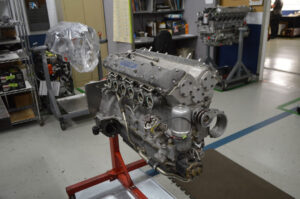
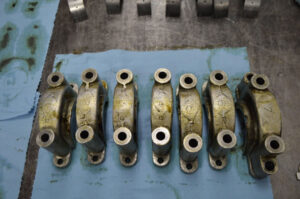
Restoration is Compatible with Innovation
MPI’s approach echoes the vision of William L. McKnight, former president and CEO, and later chairman of the board of 3M, who said, “If you put fences around people, you get sheep. Give the people the room they need.”
“Ours is a different way to deal with kids, to figure out what’s going to drive them. Yes, kids are on their phones but one reason why is that they don’t know anything else. When we give them something that they’re enthusiastic about, the phones go away.”
“We get to know our employees, their personalities, and what will work with those personalities. You can’t just tell a person to do something. You give them a quality place where they want to be every day and work to be proud of. Everyone is good at something; you just have to figure out what that is and where they fit in.”
MPI is building a library of procedures, documenting how to rebuild a fuel pump or starter so when a new hire comes in, the instructions are there to support training from experienced techs. “We have that because one guy enjoyed writing. I was overjoyed when he said he loved doing things like that. For four hours a week, he makes manuals so we have consistency. We know which clamp to use. He’s making the company that much better.”
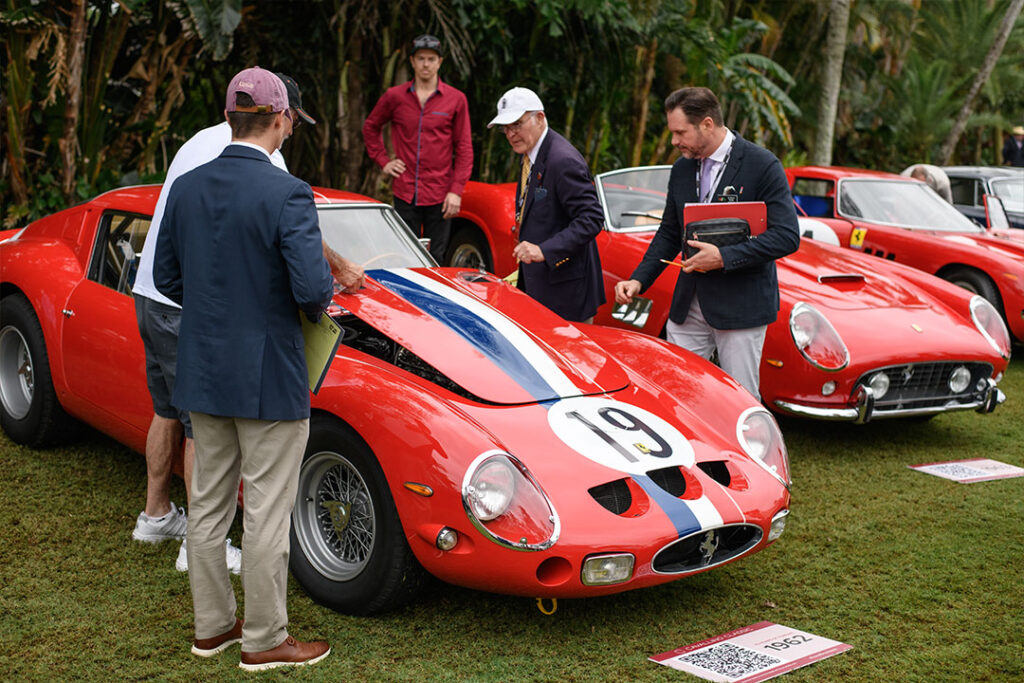
People Renewing the Collector Car Industry
“As our business grows, it becomes increasingly necessary to delegate responsibility and to encourage men and women to exercise their initiative.” McKnight said.
“We have a guy who just turned 30. He runs the parts division, which generates just under $3 million. He came in as a mechanic and we saw something in him. So, we pushed him to that area and he’s happy there, offering ideas to help improve sales and leading eight guys, some of them older than he is but they respect him. That success happened because he was able to try things.”
Some restoration shops are disappearing due to the lack of new people coming in. “In some cases, it’s only one guy and when he’s done, the business is done. Then, customers wonder where they’ll find someone who can work on their cars. We need to give people opportunities so they can make informed decisions about life. I had that opportunity and that’s made me who I am. I can pass that forward, a changing of the guard.”
A restoration shop is like a restoration project. “Who will handle the car or the shop next year? There is a lot of teamwork that takes place, restoring a car. You’re never working on a car alone. And, when a car is done, the engine guys want to hear it start and drive it down the road. The paint guy wants to show off the finish. But everyone looks at what the other guys did and they complement each other.”
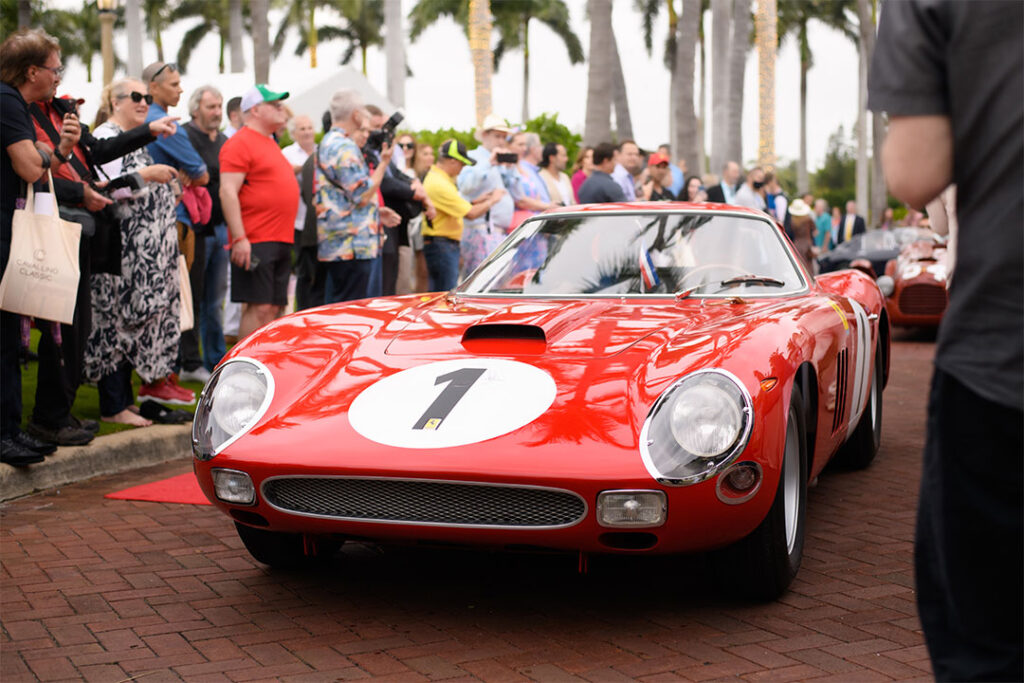
The Piston Foundation’s Role
McKnight is known for his advice, “Listen to anyone with an original idea.”
Jim feels a new national charity is the original idea the collector car industry needs. “Why Piston Foundation? The Foundation wants to train people. We’re doing part of that now but it’d be better to do it together. MPI needs the Foundation because I can’t do what it can do: reach out to people and form a community so people know where to go and what to do.
“Let me give you an example. I’ve had people come from McPherson College and work for a year but then get homesick. The only restoration shops I know are the Ferrari and Alfa guys. I probably can’t help that person get home. Piston Foundation can build a network and let them know there’s a shop near his or her hometown and then help me fill that vacancy. We need a community that helps each other.”
Donate
Today
Support skilled trade education for future auto restoration technicians.
Campaigns
Give to What You Love
Make a gift that helps the next generation access the education and training they need to begin a career as a classic car technician. Gifts of any size are appreciated and will be used to fund our scholarship and apprenticeship programs.
Sponsor a Piston Scholar
Piston Foundation scholarships are awarded to aspiring technicians to help them begin an auto restoration career. Give to the car culture you love. 100% goes to fund scholarships.
Cars for Piston Scholars
Turn your collector car into education and hands-on training for aspiring collector car technicians. Your car can change lives. 100% goes to fund scholarships.
Give to What You Love
Make a gift that helps the next generation access the education and training they need to begin a career as a classic car technician. Gifts of any size are appreciated and will be used to fund our scholarship and apprenticeship programs.
Sponsor a Piston Scholar
Piston Foundation scholarships are awarded to aspiring technicians to help them begin an auto restoration career. Give to the car culture you love. 100% goes to fund scholarships.
Cars for Piston Scholars
Turn your collector car into education and hands-on training for aspiring collector car technicians. Your car can change lives. 100% goes to fund scholarships.
Subscribe
Sign up for our monthly email with stories, updates, and volunteer opportunities.

